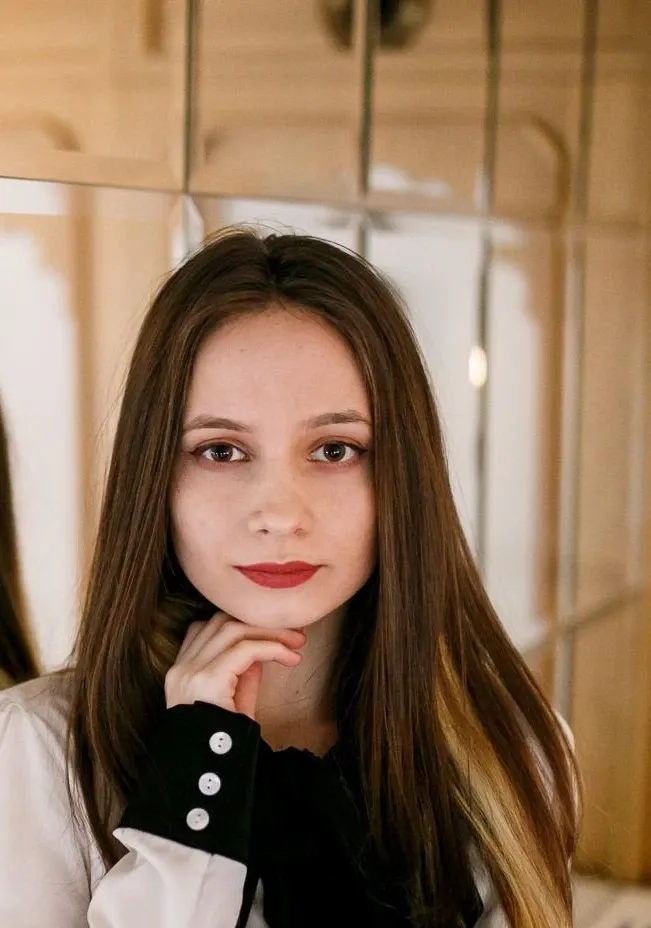Toxicology alumna Lydia loves the thrill of finding answers to challenging research questions
Name: Lydia Gugescu
Based: Stockholm, Sweden
Year of graduation: 2023
Bergendorff scholarship holder in 2022
Current role: PhD student at Karolinska Institutet

What did you study as an undergraduate (bachelor)?
For my undergraduate degree, I studied Chemistry and Chemical Engineering at the University of Groningen, Netherlands. I had prior experience in doing chemical synthesis and I have always found it fascinating how you can make new compounds yourself and this is why I have decided to pursue that education.
Why did you choose the Master programme in Toxicology?
During my bachelor studies, I fell in love with one of my courses. It was a brief introduction to chemical compounds and their mechanisms of toxicity. Although the course primarily focused on the history of certain warfare compounds, I knew right away that I wanted to become a toxicologist and study new compounds and their harmful effects on the human body, especially those compounds that surround us all and from which we cannot escape.
Where did you conduct your MSc thesis and what was it about?
I conducted my master’s thesis at the Institute of Environmental Medicine (IMM), Karolinska Institutet, in Emma Wincent's research group. During those months, I investigated how exposure to AhR agonists influenced the repair and regeneration mechanisms in zebrafish. To properly investigate this, we built a damage model and then followed how our chemical exposure affected the well-established repair mechanisms that would such an injury.
How did the Bergendorff summer internship support your research training?
The Bergendorff summer internship helped finance my work while conducting my small research project. Without it, I would not have been able to work in research, as I would have needed another job during the summer. I did my internship in Emma Wincent's group as well, and it helped me determine whether I liked doing research and if I was truly passionate about the project. Ultimately, this experience led me to continue the work, and now I have a PhD position investigating the same topic.
Looking back on your time at KI and the Master programme in Toxicology, what is the most valuable thing that you learned?
While I have learned many things, I believe the most valuable skill was how to independently solve problems, whether they are social or more job-related problems. This skill has helped me many times in my current job, and without it, I would have had a very hard time adapting to a proper work environment.
Where are you and what are you doing now?
Currently I am a PhD student in the same group at IMM, KI, investigating the effect of chemical exposure on barrier organs dysfunction.
What made you decide on this career?
I absolutely love the thrill of finding answers to challenging questions. That is why I have decided on a research-oriented career.
